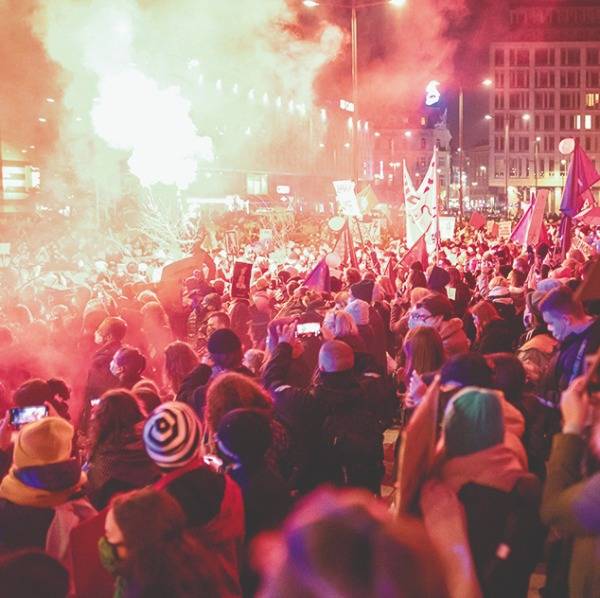This article appears in the Witness section of the Summer 2018 issue of the New Humanist. Subscribe today.
Until recently, the phrase “fake news” was rarely used. Today, it is repeated so often as to be almost meaningless – not least by the US president. It is routinely posited as the greatest global threat to democracy and free debate.
In April, Malaysia became the first country in the world to legislate on “fake news”. The Anti-Fake News Act covers “news, information, data and reports which is or are wholly or partly false” and includes features, visuals and audio recordings. It allows up to six years in prison for publishing or circulating misleading information. The legislation punishes not only those behind fake news, but also anyone who maliciously spreads such material. Online service providers are held responsible for third-party content – and anyone can lodge a complaint. As long as Malaysia or Malaysians are affected, fake news generated abroad could also be subject to prosecution.
One of the main issues with the law is that it leaves the question of what qualifies as fake news vague and ill-defined. This gives the government broad authority to decide what constitutes fact – which has obvious, and profoundly serious, implications for free speech. The prime minister Najib Razak is in the throes of a multibillion dollar corruption scandal, and activists and opposition politicians fear that the law could be used to criminalise opinions critical of the government.
Malaysia has already implemented the law. The first person to be prosecuted and convicted for spreading fake news was Danish citizen Salah Salem Saleh Sulaiman, 46, who posted a video on YouTube accusing police of taking 50 minutes to respond to distress calls after a shooting in Kuala Lumpur. Police actually took eight minutes. The judge fined Sulaiman 10,000 ringgit (£1,800) but he opted to spend a month in jail because could not pay.

